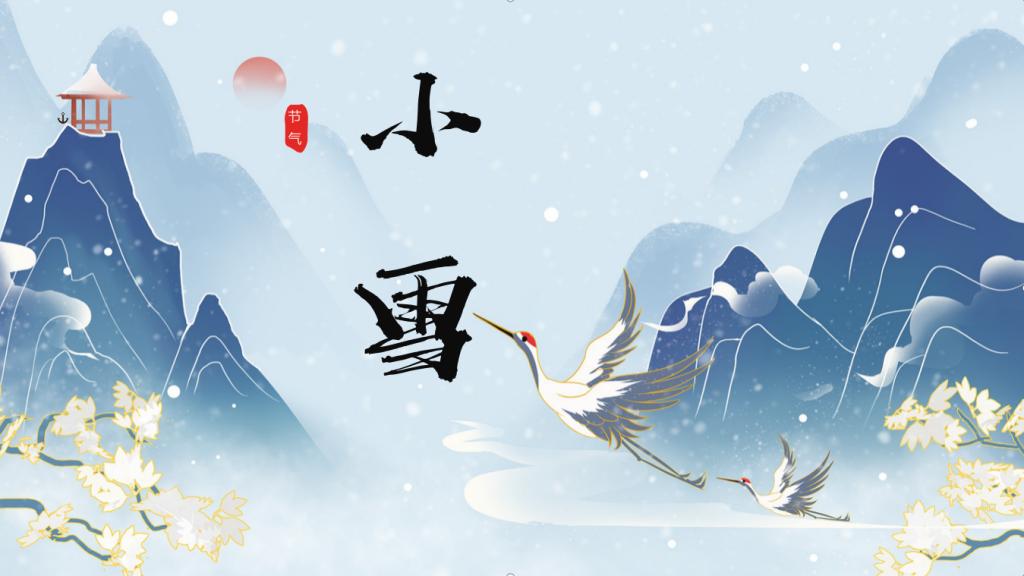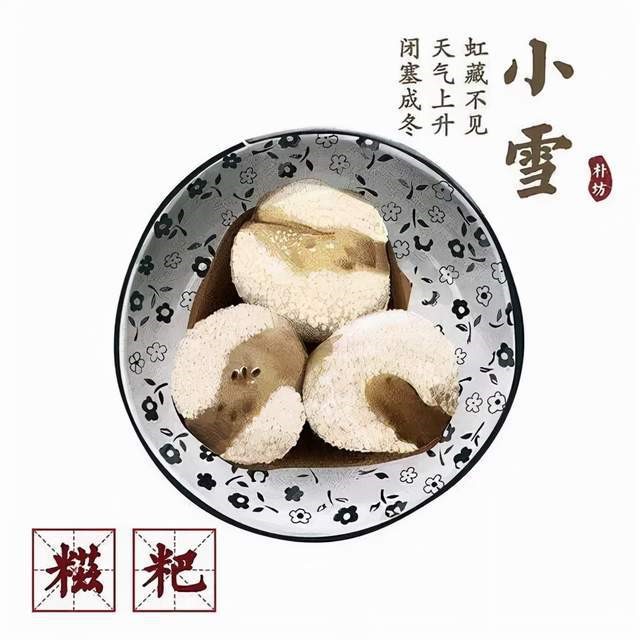Editor's note: The 24 Solar terms are an ancient Chinese calendar used to guide farming. They are the crystallization of the accumulated experience and wisdom of the working people of the Chinese nation. Since ancient China was an agricultural society, people required a strict understanding of the sun’s movement, and farming was conducted entirely according to the sun as well. Therefore, the “24 solar terms”, which reflects the sun’s movement cycle, were added to the calendar as the standard for determining leap months. The 24 solar terms are: Start of Spring, Rain, Awakening of Insects, Spring Equinox, Qingming festival, Grain Rain, Start of Summer, Grain buds, Grain in Ear, Summer Solstice, Minor Heat, Major Heat, Start of Autumn, End of Heat, White Dew, Autumn Equinox, Cold Dew, Frost’s Descent, Start of Winter, Minor Snow, Major Snow, Winter Solstice, Minor Cold and Major Cold. On November 30, 2016, China’s “24 Solar terms” were officially inscribed on UNESCO’s Representative List of intangible Cultural Heritages of Humanity. We have introduced this 24 Solar terms column to bring you a taste of the beauty of traditional Chinese culture.
Minor Snow, the 20th solar term of the year, begins around November 22 this year. The approaching of Minor Snow indicates the decline of temperature and the increase of precipitation. The temperature in most northern area drops to zero degrees or even below, and the first snow begins to fall.

Minor Snow
For hundreds of years, Minor Snow has been entrenched in daily lives of Chinese people. Its arrival heralds a series of festivals where people welcome the coming cold through various customs. As a saying goes,”If it snows during Minor Snow, there will be a good harvest next year.” The falling snow can trap and kill pests and germs, while, melted snow can provide moisture to the soil. Thus, Minor Snow was welcomed by agricultural society. When Minor Snow knocks at the door, in southern China, especially the Hakka areas, people follow the tradition of preparing sticky rice cakes. In ancient times, sticky rice cakes were offered to pray for splendid harvests the next year.

Sticky rice cakes
The Minor Snow also reminds people that it’s time to dry fish. Fishermen living by the sea begins to make drying fish for the freezing winter. The neat arrangement of the seasoned fish is one of the vivid symbols of early winter in coastal areas.
At this time, the Tujia community makes pork feasts and carries out their annual tradition of “slaying pigs and welcoming the new year”, which creates a lively and fervent atmosphere in the frigid winter. During Minor Snow, many Chinese prefer to eat beef and mutton or have some spicy delicacies to warm their bodies and withstand the gloomy and bleak winter.
“In minor snow, the weather is cold and it is going to snow.” With this in mind, it’s a wise choice to put on more clothes and wear a thermal scarf to bundle up when Minor Snow arrives.

